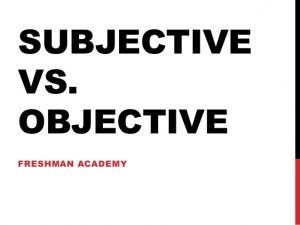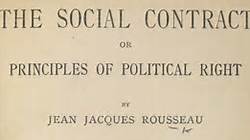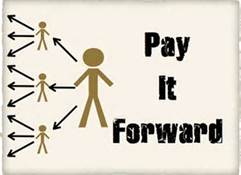The other day there was a thought-provoking opinion piece in the New York Times written by Thomas B. Edsall suggesting the social contract in the United States is broken. This is not a new idea in itself but he even-handedly looked at two possible causal effects for the phenomenon.
I’m going to first examine the idea of the Social Contract and what it means in the U.S. and then I’ll talk about Edsall’s article, the factors involved, and my ideas for real solutions.
What is the Social Contract
The idea behind the Social Contract is fairly straightforward and the Wiki article, as usual, does an excellent job of explaining it in great detail. Basically, people give authority to the government in exchange for the protection of their remaining rights. We The People allow our various government agencies, Federal, State, and Local to pass laws limiting our freedom but gain protection of our rights in exchange. Strange but, I think, true. As a very small example, the humble stop sign. It limits my ability to freely travel from hither to yon. Yet, this restriction actually allows me to travel freely with greater ease.
When everyone in a society recognizes the governmental limitations of the stop sign we are all better off. When people begin to ignore the stop sign then society begins to break down. If one person runs a stop sign then another person does the same. When everyone ignores stop signs the government loses the ability to enforce penalties for the violation and we apparently have more freedom in that we don’t have to stop at stop signs, but in reality we have less freedom because driving is significantly more difficult.
The Social Contract.
In the context of Edsall’s blog it references the perceived financial and ethical decay in the United States and the long-term implications to our country. The blog quite nicely summarizes two possible causes of the decay. One blames unrestrained greed while the other blames single parent households and the inability of people to hold down a job. I’ve over-simplified to a large degree but the idea is that as the Middle Class shrinks the ability to transition from disadvantaged to wealthy vanishes as well. This is bad for our country.
I spoke about this subject in a blog blaming stupid and unhealthy people. I don’t want to reiterate my points here.
On one side we blame unrestrained corporate greed. Corporations no longer care about contributing to the general community and that making money is the only goal. There is truth to this argument as stock prices, rather than a quality product at a reasonable price, is the main factor in business decisions. On the other side we blame fewer fathers, single mothers, and lack of education. Fathers are seen as a driving force in social cohesion. A single man with no children has no real need to coach the little league team, to improve the school, to fight for a stop sign at a dangerous intersection. That a single mother has a difficult time raising the child and doing any of those things. Stupid and unhealthy people cannot hold down a job and become a drain on society.
I think all those ideas have merit. I don’t think they are opposing ideologies. I think corporations, driven by unsustainable modern business practices, are less involved in making sure society is equitable, that there is reasonable chance to improve one’s station in life. I also think that single parent families face significant difficulties that dual parent households do not. That as jobs require greater mental ability, stupid people are left behind. All these contribute to the decline of the social contract.
The Underlying Issue
However, I think the underlying problem is none of these things. All of these things are products of the lack of objectivism in the people of this country. When we examine a thing for its true nature without bias and presupposition, we can make good decisions. It’s a bad decision to run a company to the detriment of the society that makes business possible. It’s a bad decision to have a child when you are not prepared to support that child. It’s a bad decision to not study in school.
We look to a bowl of ice cream for happiness. Immediate, tasty, and gratifying. Make money, have sex, eat until we have heart disease, knee problems, diabetes. We do not examine a situation and make decisions with a long-term goal in mind. Immediate gratification is winning over delayed and long-lasting gratification. We do the things that make us immediately happy and find, much to our surprise, that our lives are miserable. We do not think through the consequences of our actions. This is the problem and it is solved by teaching people to think.
Conclusions
The uneducated, unprepared, and greedy are not the problem, they are symptoms of the problem. The fact that a larger and larger percentage of our society is made up of these people is what is driving the decay. Until we teach people to think clearly, to make decisions that are in their long-term benefit, we will continue in our current spiral.
When a business leader makes a decision that will result in long-term benefit for that company it generally means long-term benefit to the employees, to the region, and to the nation. When a person makes decisions that will result in their long-term benefit it generally means those around that person will also flourish. When I succeed those who associate with me often succeed as well.
It is when we make decisions based on immediate gratification that we, and those around us, suffer.
As Marcus Aurelius said quite a bit more succinctly, That which is not good for the bee-hive, cannot be good for the bees.
Tom Liberman

















 I’ve noticed that the concept
I’ve noticed that the concept  A couple of stories in the news about
A couple of stories in the news about 